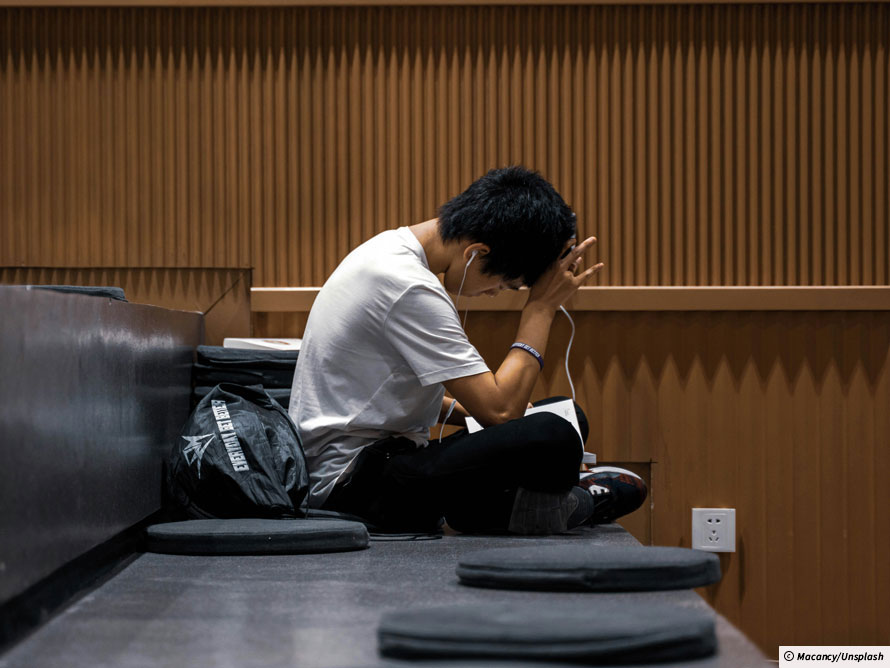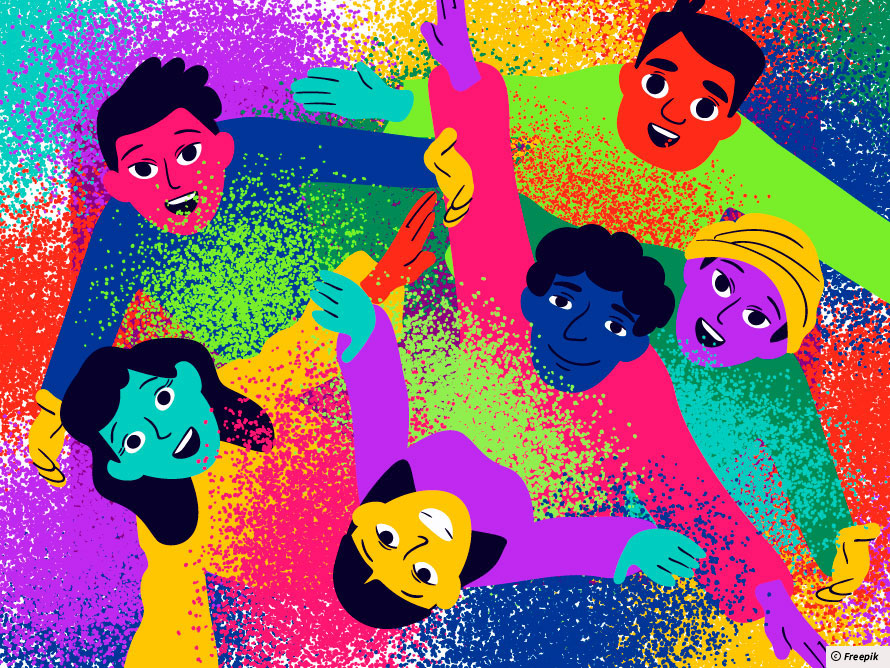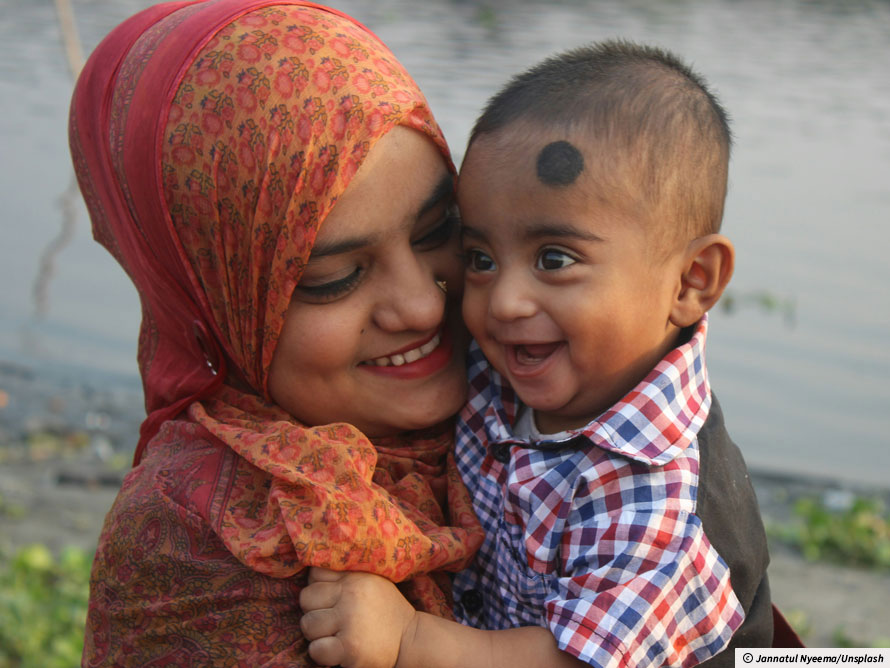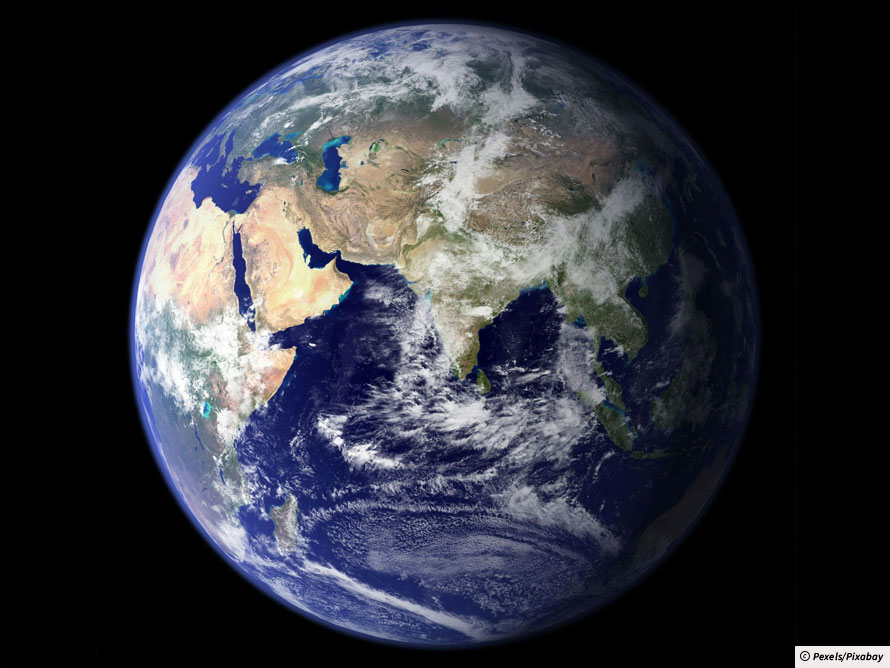You may not wake up on a Monday morning and look forward to double maths. Yafi Muhammad Ajeebkhan, 14, from Queen Elizabeth’s School Barnet, says we should all take a moment to remember our privileges.
Having to go to school may seem like a chore; clean, running water is often taken for granted; healthcare is readily available. Why do I write what seems so obvious? Well, just imagine life without any of these. No education, no sanitation, no food… these are the issues that deprived children around the world face every single day.
Millions of children remain in poverty. Due to their circumstances, they lack basic necessities that we enjoy, such as clean water, two to three meals a day, and a warm and comfortable home. These conditions not only affect their childhood and day-to-day lives but also restrict their opportunities, keeping them trapped in a vicious cycle of suffering and poverty.
A massive problem that deprived children face is the lack of clean water. No taps. No running water. Often miles to trek to a watering hole used by animals as well. Even the available sources are polluted, carrying deadly diseases such as typhoid, cholera, and polio. The contaminated water leads to diarrhea and malnutrition, putting these children’s lives at constant risk. While we waste water, these children struggle to survive.
Homes are also a major concern. They have little to no sanitation and, usually, they consist of just a single room shared by an entire family, and, in some cases, their animals. Parents are poorly paid, unable to change their circumstances for the better. Without any help, they are doomed to remain in this cycle of poverty, with no hope of a better future.
So, what can we do? We can make a major difference in the lives of these deprived children in a few ways, in fact. One way is by donating to charities such as Save the Children, UNICEFA UN agency responsible for providing humanitarian and developmental aid to children worldwide. and Plan International. The efforts of charities go a long way in improving the standard of living for children struggling in poverty across the world, but they can only provide this aid with enough money forthcoming.
We should appreciate what we have more and waste less. We can only imagine the impact of such poverty — the suffering, the pain, and the struggles children worldwide experience cannot be understated. We need to be more grateful for the wonderful things we so often take for granted — clean water, three meals each day, free education. Waste less. Help more. Together, we can make a real change!
Interested in submitting your own Student Voices article or video? Find out more here.
Keywords
UNICEF – A UN agency responsible for providing humanitarian and developmental aid to children worldwide.
Cite
While every effort has been made to follow citation style rules, there may be some discrepancies. Please refer to the appropriate style manual or other sources if you have any questions.













